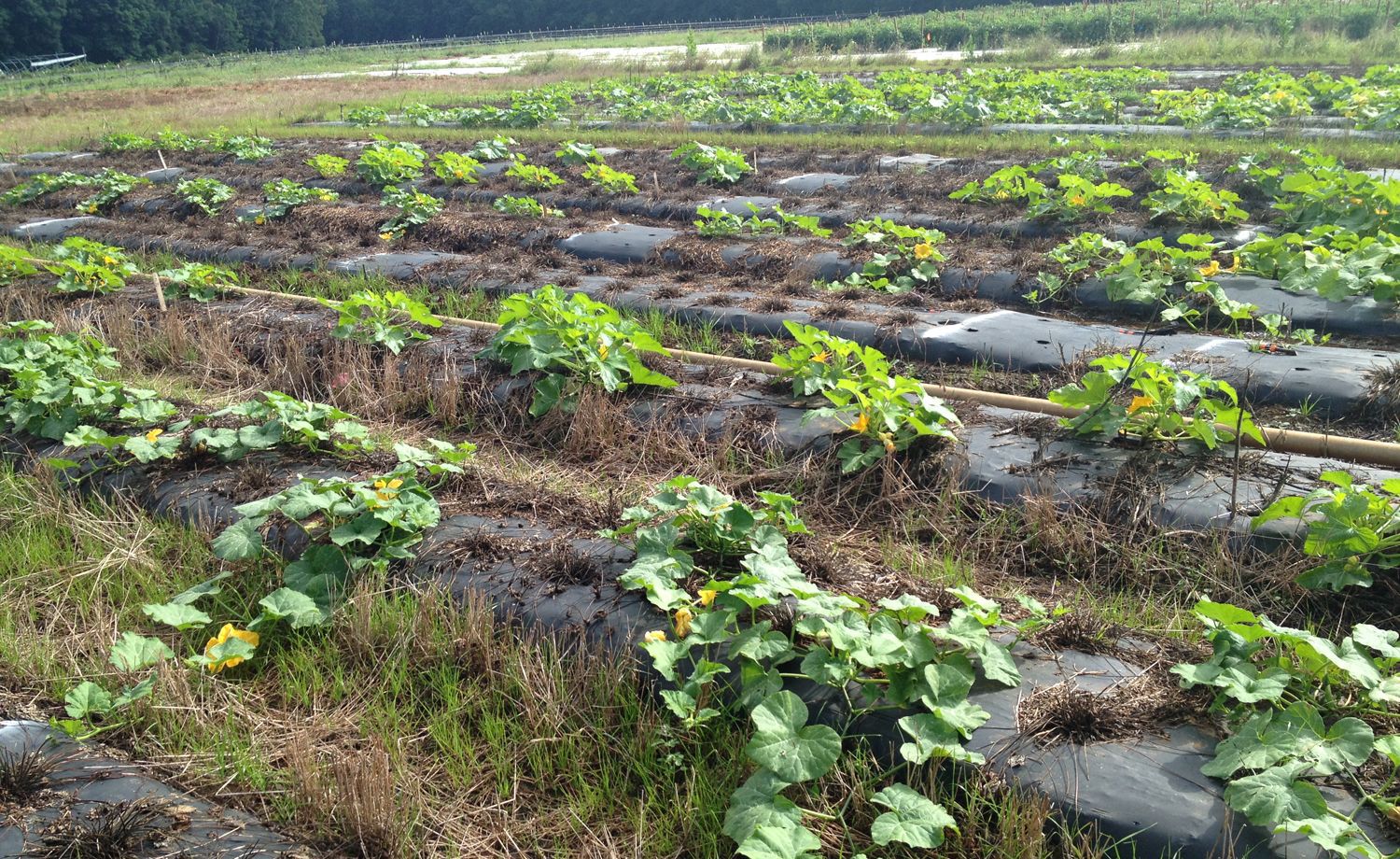Squash trial looks for answers on what’s best for our area
Published 12:00 am Friday, August 29, 2014
Many people ask, “What is Cooperative Extension?” Just the other day, I was asked about “my business” because of the logo on my shirt. Sometimes, this can be difficult to answer because we do so much.
I have tried to narrow my elevator speech, but I still end up around the three minute mark. If the person asking has some age to them, I ask if they remember watching “Green Acres” and the county agent visiting the farm. I tell them that I am like that county agent.
We have separate divisions within the organization: youth, families, nutrition, livestock, field crops and of course, horticulture and local food. Today, I am writing about one of the many tasks I do as a horticulture and local foods agent.
One of the coolest projects I have worked on has been a research trial. Most people ask about varieties and which are the best, but they never ask how that information is obtained. It is all through trials. This year eight extension agents teamed up with the Piedmont Research Station and the North Carolina Research Campus in Kannapolis to study winter squash varieties planted in plastic behind strawberries. Currently, we are testing 10 varieties each of butternut and acorn. We are also growing six varieties of blue pumpkins.
The whole purpose of this trial is to see which varieties do the best in our growing conditions and whether or not they will produce good quality squash after strawberries were grown in the same area. We did this because our region is great for strawberry growing, and we have many farms that have fall festivities that could possibly be interested in this study.
We are also doing this research because we are trying to make our farms as profitable and sustainable as possible. If we can help to incorporate another crop using the same plastic, the cost of using plastic may be reduced by spreading the cost over two crops. This is our theory, and we are hoping to soon gather some preliminary data from this trial.
I will be writing about the progression of this trial and will have a field day to display the results of the study. Our tasks until then are to keep an eye on the fields to make sure the plants are growing properly, keep ahead of disease and pest pressure, and harvest and provide squash to the Research Campus so they can perform nutritional analysis on the varieties. All of this information will increase knowledge about winter squash, such as what is the best time to harvest, the varieties that grow best under local conditions, and which are best to eat.
For more information on the winter squash trial, contact me at 704-216-8970.
For information on growing your own winter squash, visit: http://www.ces.ncsu.edu/hil/hil-24.html





